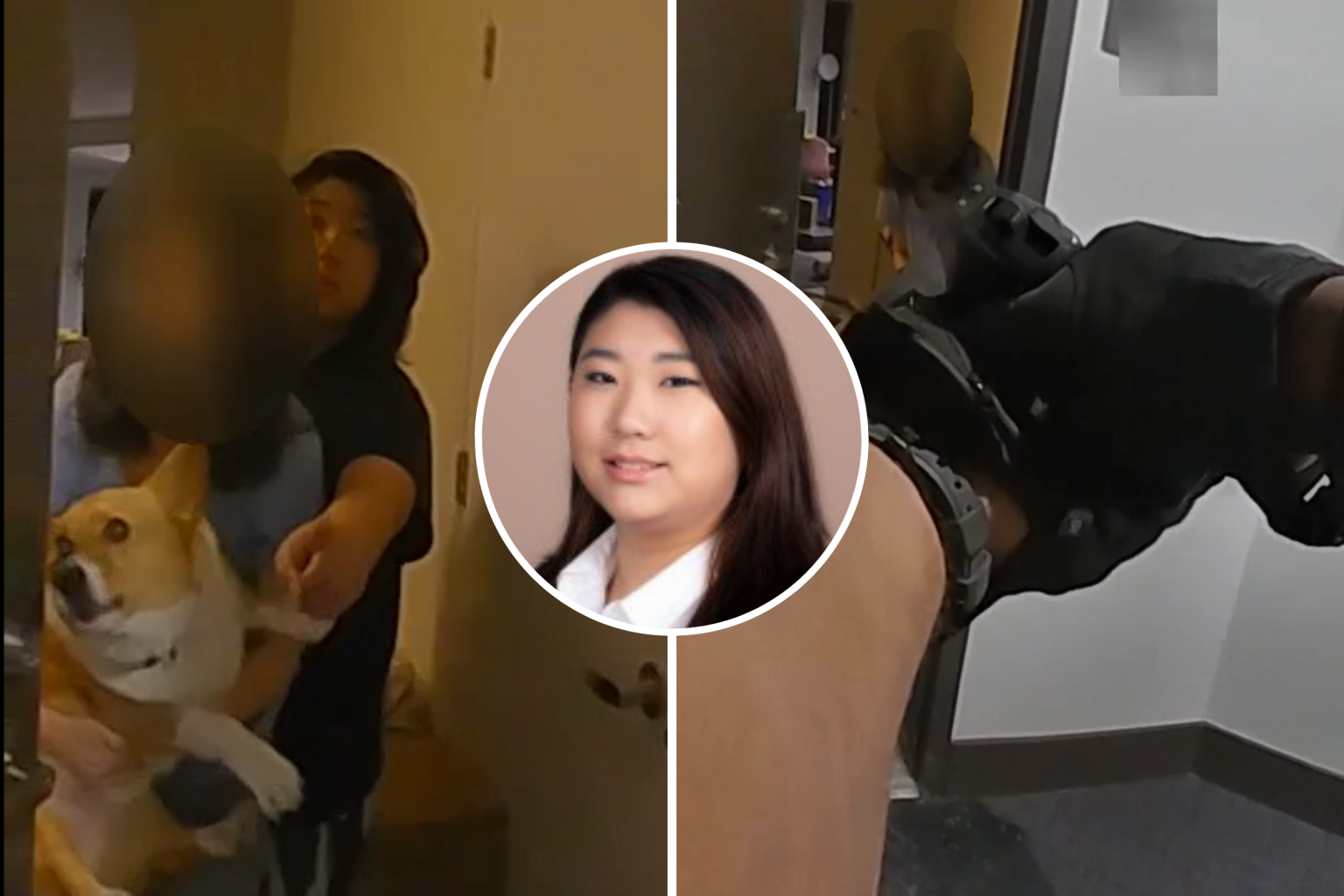The New Jersey Attorney General’s Office released disturbing body camera footage showing police responding to a mental health crisis involving 26-year-old Victoria Lee, resulting in her fatal shooting. Despite her family calling 911 for help, police shot Lee, who had been threatening to stab them. Lee’s mother was present during the incident, and their dog could be heard barking in the background. Immediately after the shooting, an officer cursed in shock at the situation. Victoria Lee suffered from bipolar disorder, but her family stated she was not violent.
The police response to the mental health call was deemed unnecessarily aggressive by Lee’s family. Her brother had initially called 911, but when police arrived, he told a dispatcher that he did not want police to come at all. However, officers arrived at the scene, with at least one officer carrying a shield. The situation escalated when Lee, her mother, and their dog were by the front door, and police had to break down the door to enter the apartment. The fatal shot was fired by Police Officer Tony Pickens, Jr., who decided to use lethal force during the encounter.
The family reported that when officials broke down the door, Lee was holding a 5-gallon water jug non-threateningly and had dropped the pocket knife she was initially holding. Lee was shot in the chest, despite not posing a direct threat, and later succumbed to her injuries at the hospital. Her family criticized the police response, calling it unnecessarily aggressive and stressing that their loved one had not been violent. Victoria Lee had been attending college but had withdrawn due to struggles with bipolar disorder.
The incident with Victoria Lee highlights the challenges and risks associated with law enforcement responding to mental health crises. Experts in mental health advocacy emphasized the importance of exploring alternatives to police intervention in such situations. Co-response policing, which involves law enforcement responding alongside mental health professionals, was cited as a more effective approach to de-escalating mental health emergencies. These experts also stressed the need for greater awareness of available resources and support for individuals experiencing mental health crises.
Efforts are being made to improve responses to mental health crises in communities where law enforcement has traditionally been the first point of contact. Advocates encourage people to get involved in local politics, attend town halls on policing, and demand the implementation of alternatives to law enforcement in mental health situations. Families who have lost loved ones to police brutality are urged to connect with resources and support groups that can help them heal and advocate for change. Despite the challenges, progress is being made in shifting the conversation towards more humane and effective responses to mental health emergencies.


